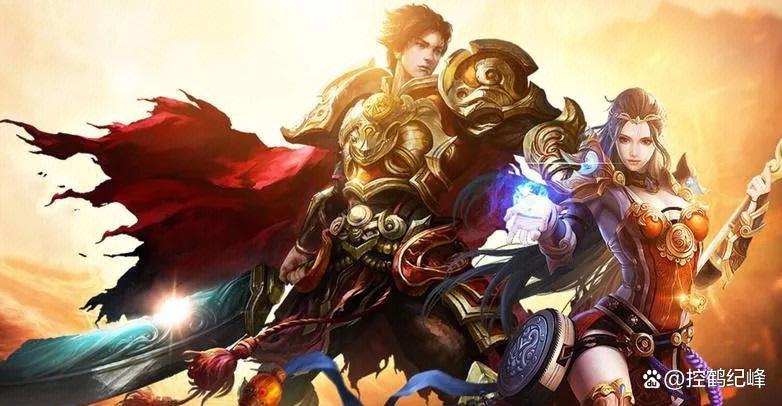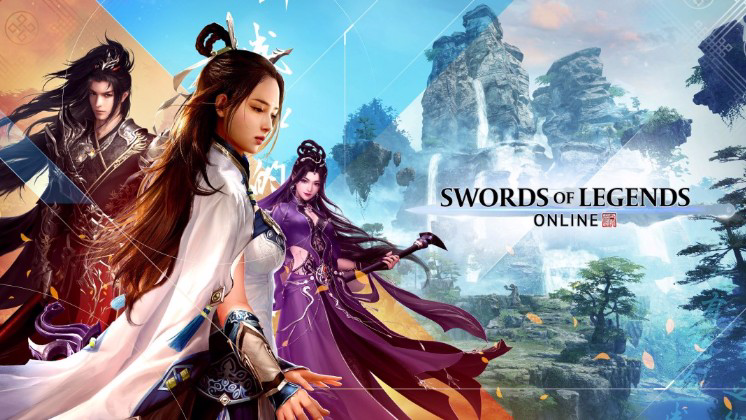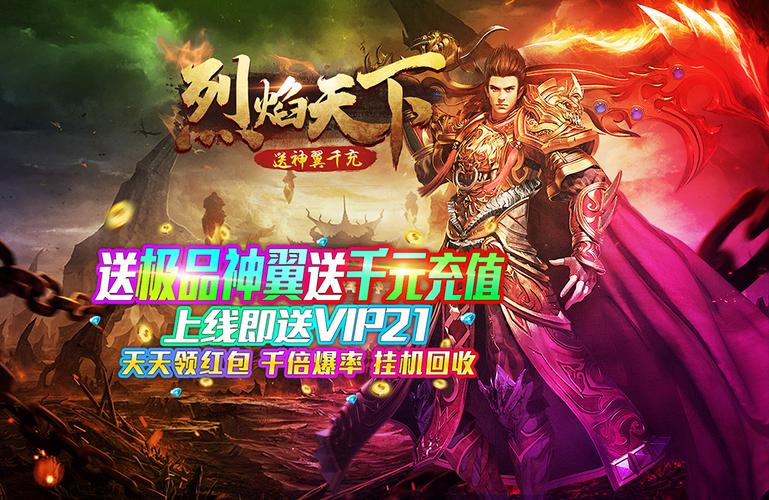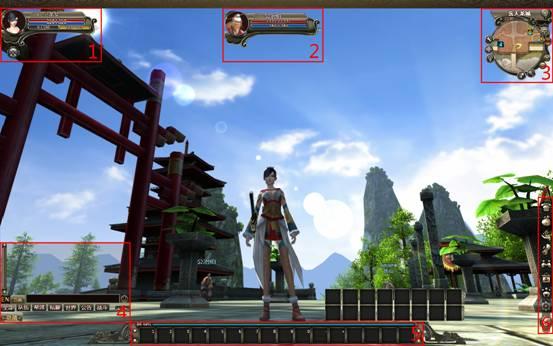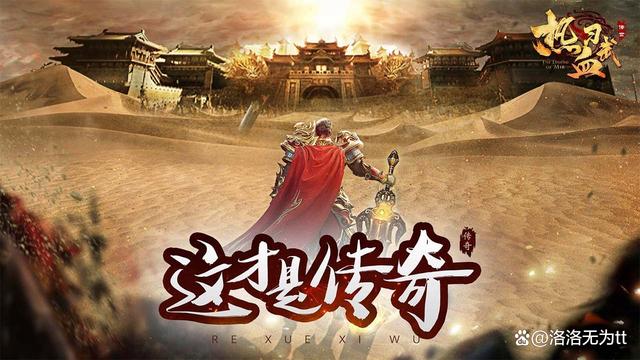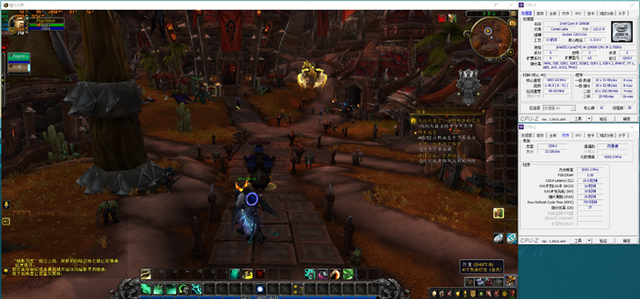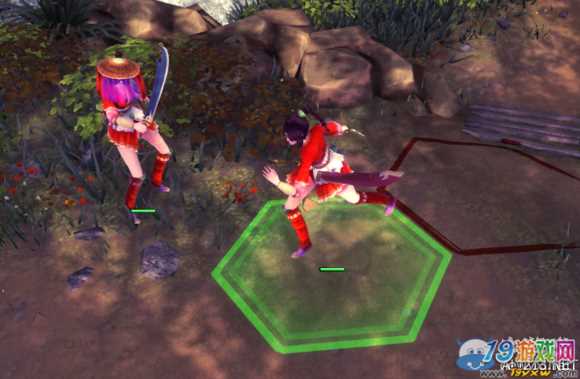Title: The Art of Gaming: A Blend of Entertainment and Education
Games have always been an integral part of our lives, offering us not only entertainment but also a platform to learn new things, improve cognitive abilities, and foster social interactions. From the earliest games like checkers and chess, where strategy and logic played a significant role, to the modern video games that require teamwork, strategy, and problem-solving skills, gaming has undergone a metamorphosis over time. Today, gaming is not just about fun and relaxation; it is a form of education, a way to enhance cognitive functioning, and a medium for cultural exchange. This article delves into the multifaceted aspect of gaming, exploring its various facets and the impact it has had on society. Firstly, let's explore the role of gaming in enhancing our cognitive abilities. Studies have shown that playing video games can improve our memory, spatial awareness, and problem-solving skills. For instance, puzzle games such as Sudoku and Tetris challenge our mental faculties, teaching us to think logically and strategically. Similarly, racing games like Grand Theft Auto and Need for Speed train our hand-eye coordination and reaction time, while sports games like NBA 2K and Madden simulate real-life scenarios, teaching us essential life skills such as teamwork, communication, and leadership. These games not only entertain but also educate us, making them a valuable educational tool. Secondly, gaming serves as a platform for cultural exchange. Many video games are inspired by different cultures around the world, reflecting their unique traditions, customs, and beliefs. Players from different countries engage in cross-cultural discussions, sharing their perspectives and experiences through these games. For example, Call of Duty and World of Warcraft are both popular shooter games that feature diverse casts of characters from different cultures. By playing these games, players learn about foreign cultures and develop empathy and understanding towards other people's backgrounds. This cultural exchange not only enriches our understanding of different societies but also promotes global harmony and peace. Thirdly, gaming has become a social activity in itself. Gamification has revolutionized how we interact with technology, making it easier for people to connect and collaborate online. Social media platforms like Facebook and Instagram have incorporated game elements like virtual currency and achievements, encouraging users to play together and compete with each other. Gaming has also provided a platform for communities to form around shared interests, such as tabletop role-playing games (RPGs) or video game tournaments. These activities foster social bonds, build camaraderie, and provide opportunities for individuals to meet new friends and make lasting connections. Fourthly, gaming has been instrumental in promoting diversity and inclusivity. Many video games now incorporate diverse casts, including non-binary gender identities, races, and sexual orientations, showcasing the richness and inclusivity of human diversity. This has led to increased understanding and acceptance of different perspectives among players and audiences, promoting greater empathy and understanding. Moreover, some gaming companies have made strides towards creating inclusive workplaces, providing resources and training for employees who may be struggling with mental health issues or other challenges. Lastly, gaming is an excellent source of entertainment and relaxation. In today's fast-paced world, where stress and anxiety are common, gaming provides a much-needed respite. Whether you prefer action-packed adventure games, mindful meditation programs, or simply relaxing escape rooms, there is something for everyone in the gaming genre. Some popular examples include Fortnite, which combines competitive gameplay with social interaction, or Celebrity Game Boy Live, where famous gamers share their experiences and advice with fans. These games offer a fun and engaging way to unwind and recharge, making gaming a vital component of our daily routines. In conclusion, gaming is not merely a form of entertainment; it is a complex and multifaceted experience that offers numerous benefits. It enhances cognitive functioning, fosters cultural exchange, promotes social bonding, and provides entertainment and relaxation. As technology continues to evolve, gaming will undoubtedly continue to play an essential role in shaping our world and providing us with opportunities to learn, grow, and connect with others. Therefore, let us embrace gaming as a powerful tool that enriches our lives and contributes to our collective growth and success.

